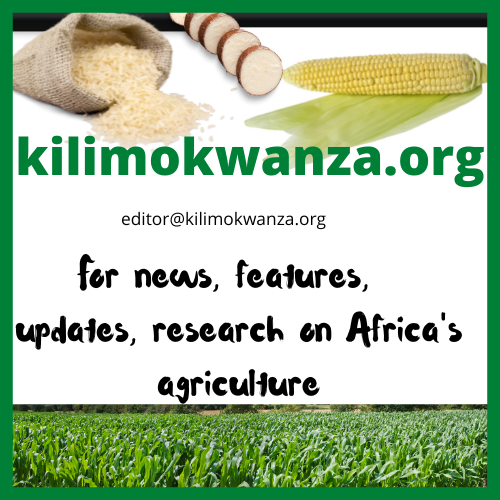2023 Africa Agriculture Status Report: Empowering Africa’s Food Systems is Imperative for a Resilient Future
DAR-ES-SALAM, Tanzania – The 2023 Africa Agriculture Status Report (AASR23) was unveiled today, amplifying a compelling message to the world: the repercussions of inaction in empowering Africa’s food systems stretch beyond mere hunger, affecting economic, social, and environmental landscapes. It has the potential to reverse the achievements made in past decades.
The report, titled “Empowering Africa’s Food Systems”, paints a detailed portrait of the current state of Africa’s food systems. Its findings range from socio-economic vulnerabilities to the crucial role knowledge and technology play. It highlights a pressing need for innovative financing to address the myriad challenges, especially against the backdrop of looming climate change impacts.
Dr. Agnes Kalibata, AGRA President, emphasized the essence of innovative financing, stating, “It’s not a mere buzzword. It’s instrumental in navigating Africa towards resilient and inclusive food systems. As we grapple with rapid population growth coupled with climate change, innovative financing mechanisms become pivotal.”
A concerning revelation from the report is the underperformance of sub-Saharan African countries in 32 out of the 50 indicators in the Food Systems Countdown Initiative (FSCI) framework. Most of these pertain to diets, nutrition, and health. Yet, the silver lining emerges in the fact that these countries surpass the global average in the remaining 18 indicators, such as those related to greenhouse gas emissions from food systems.
Distressingly, 650 million Africans – half of the continent’s populace – grapple daily with insufficient food access, either economically or physically. This figure, sourced from BCG in 2021, underscores the magnitude of the issue at hand.
Despite commendable ambitions like the 2014 Malabo Declaration, which aims to triple intra-African trade in agricultural commodities by 2025, the road ahead appears rocky. Trade levels have sadly plummeted from their peak in 2013 to a mere 15% in 2022. Nonetheless, if fully leveraged, the African Continental Free Trade Area (AfCFTA) promises a brighter future. It could augment household income by 9% by 2035 and free 50 million individuals from the shackles of extreme poverty.
The report does not just diagnose the issues but also posits a roadmap for actionable steps. Dr. John M. Ulimwengu, the chief author of the report, encapsulated its essence, stating, “The AASR isn’t just a mirror reflecting present challenges. It’s a compass, directing us towards a future where every African enjoys access to sustainable, healthy diets.”


